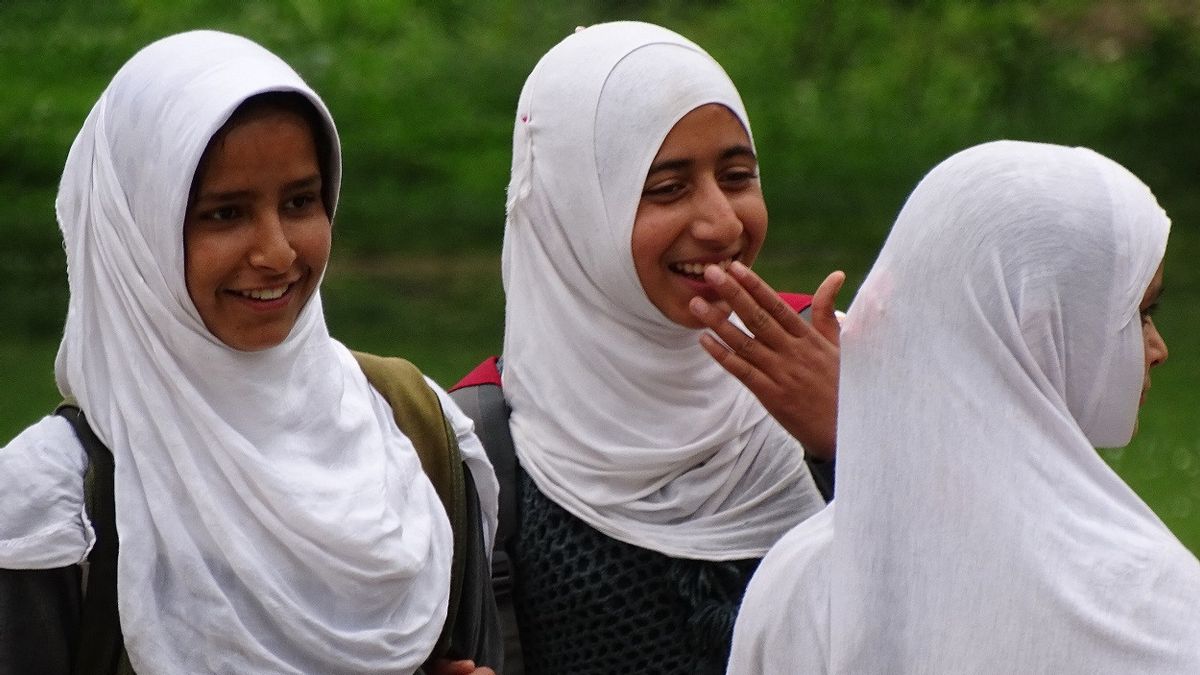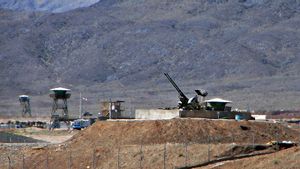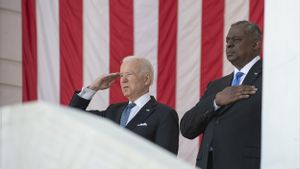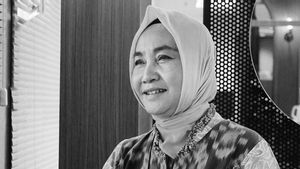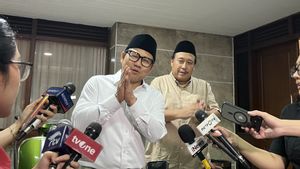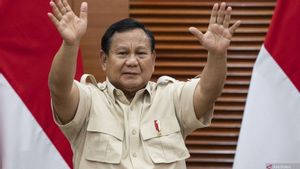JAKARTA - Hindu hardliners demand that restrictions on wearing the headscarf in classrooms be expanded in more Indian states after a court ruled to keep the wearing of headscarves in classes in Karnataka State, alarming Muslim students who had previously protested the ban.
The Karnataka High Court's decision on Tuesday, in favor of a ban on headscarves in the southern state in February, has also been welcomed by top federal ministers from the Hindu nationalist Bharatiya Janata Party (BJP), who said students should avoid wearing religious attire in class.
There are no national guidelines on uniforms in India, and states often leave it to schools to decide what their students should wear.
"We are a Hindu nation and we don't want to see any religious attire in this country's educational institutions", said Rishi Trivedi, president of the Hindu-first group Akhil Bharat Hindu MahaSabha.
"We welcome the court's ruling and want the same rules to be followed across the country."
The ban in BJP-controlled Karnataka has sparked protests by some Muslim students and parents, followed by protests by Hindu students. Critics of the ban say it is another way to marginalize the Muslim community, which accounts for about 13 percent of India's 1.35 billion Hindu-majority population.
Meanwhile, the leaders of the Vishva Hindu Parishad (VHP), an affiliate of RSS, the parent organization of the BJP, said they had asked for a headscarf ban in PM Narendra Modi's home state of Gujarat.
Apart from that, they will also soon write a letter to the country's most populous state, Uttar Pradesh for the same. The BJP is known to rule in both states.
"The hijab is not allowed in the Army, Police ,and government offices. Then why the insistence on the headscarf in schools and colleges. This is an attempt to increase communal tensions?" said VHP Gujarat secretary, Ashok Raval.
In this regard, Gujarat's Education Minister Jitu Vaghani declined to comment. A minister of state and a bureaucrat, speaking on condition of anonymity, said there were no immediate plans to ban headscarves in schools.
For the money, officials in Uttar Pradesh, where the BJP maintained control in recent state elections, declined to comment, saying the decision would only be taken by the next government, which should be in a few days.
VOIR éGALEMENT:
Separately, Ayesha Hajeera Almas, who has challenged Karnataka's ban in court and is now considering approaching the country's highest court to have it overturned, said there were real fears the hijab ban would now take effect nationwide.
The 18-year-old said she had not attended school since late December after authorities banned Muslim girls from wearing headscarves, even before the statewide ban came in early February.
"Increasingly, we feel that we live in India where people are not treated the same", said Almas from the Karnataka district of Udupi, where the protests began.
"I'm fighting for myself, fighting for my sister, fighting for my religion. I'm afraid there will be changes like this across the country. But I hope it doesn't happen", he hoped.
The English, Chinese, Japanese, Arabic, and French versions are automatically generated by the AI. So there may still be inaccuracies in translating, please always see Indonesian as our main language. (system supported by DigitalSiber.id)
